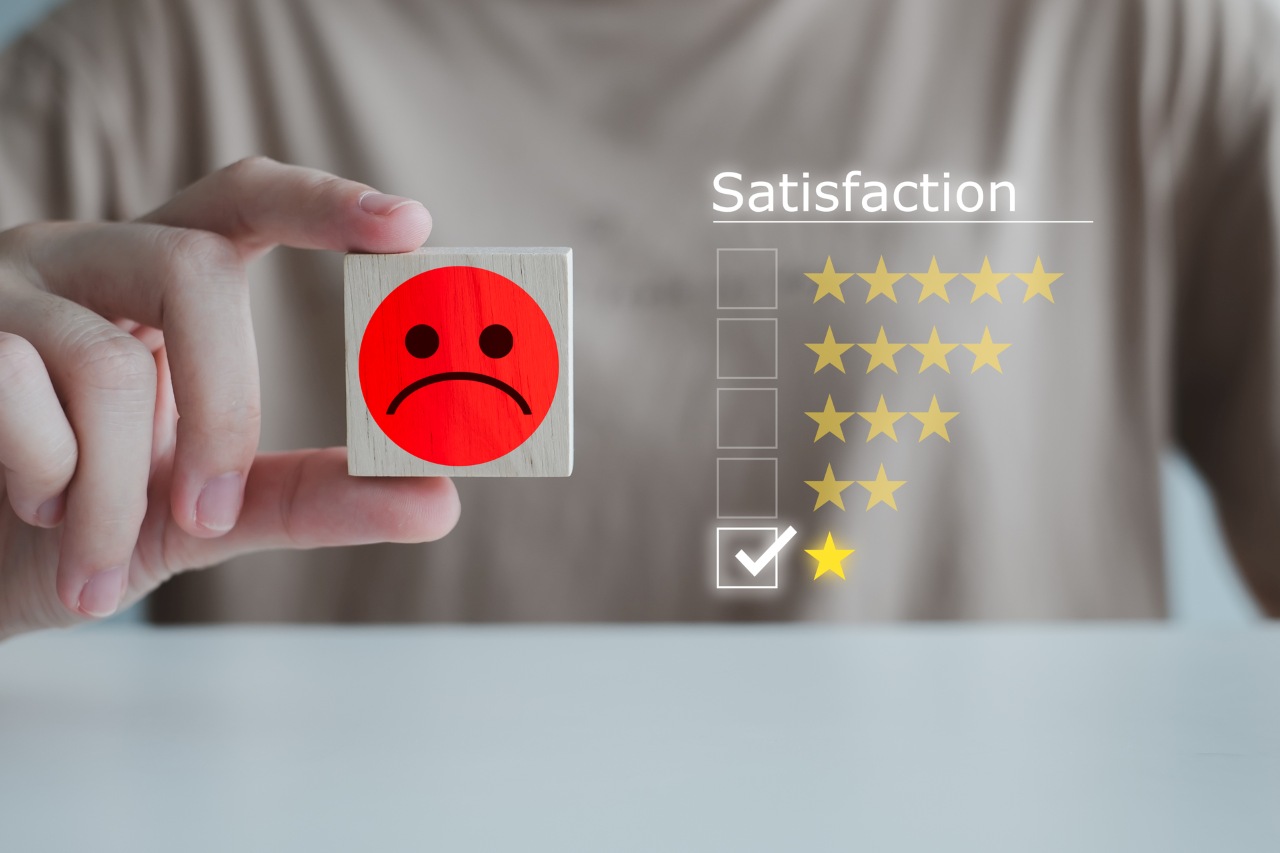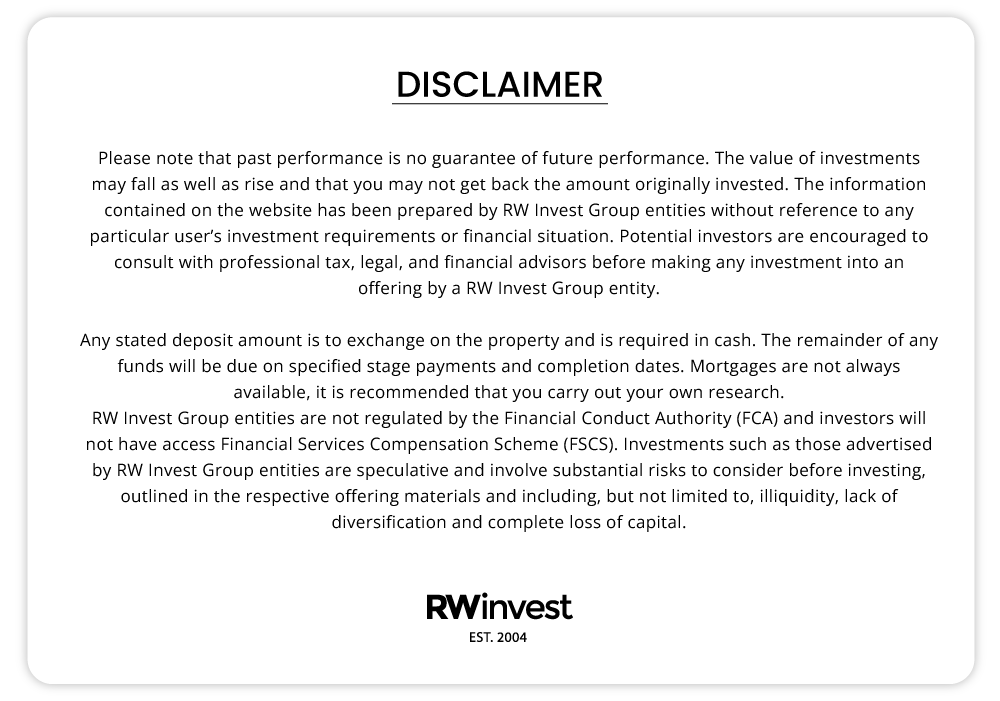7 Effective Ways to Improve Landlord-Tenant Relations
Creating a smooth and positive relationship between landlords and tenants isn’t just a courtesy – it’s the backbone of any rental arrangement. When communication breaks down, small misunderstandings can spiral into disputes that cost time, money, and trust. Building a healthy dynamic means being proactive, understanding the tenant experience, and approaching issues with fairness rather than reaction. And while some landlords assume good relations happen by default, it’s rarely that simple.
Below are seven practical, proven approaches to improving tenant relations and fostering a rental environment where both sides feel heard and respected.
Understand the Value of Clear Communication
Not only is communication the foundation of trust, but it also prevents countless disputes from ever arising. A landlord who keeps tenants updated about repairs, policy changes, or inspections avoids the frustration that comes with surprises. Tenants who feel they can reach out with concerns – without being ignored – are far more likely to treat the property with care.
And it’s not just about frequency; clarity matters. Ambiguous language in rental agreements or vague repair timelines lead to confusion. A straightforward conversation often solves what a three-page email can complicate.
Address Problems Before They Escalate
Small issues rarely stay small. A dripping tap ignored for weeks becomes a maintenance nightmare, and a minor disagreement over parking can evolve into a formal complaint. The key is swift action.
If a tenant flags something – even if it seems minor – acknowledge it early. This isn’t just about showing attentiveness; it signals to tenants that their concerns matter. When landlords delay or dismiss problems, they unintentionally foster resentment.
Offer Flexibility Where Possible
Rigid rules might keep things organised, but they can also alienate good tenants. Maybe it’s allowing a slightly later rent payment during a genuine financial hiccup, or permitting a tenant to make small customisations to the home – within reason.
Flexibility doesn’t mean compromising on essential terms, but a willingness to adapt when fair requests arise can strengthen long-term loyalty. And frankly, retaining a reliable tenant is almost always more cost-effective than sourcing a new one.
Provide Well-Maintained Properties
Not only is a well-kept property more appealing, but it sets the tone for the relationship from day one. If a landlord shows up with peeling paint and faulty locks, tenants instantly assume future repairs will be a battle.
Routine inspections – handled professionally – make a huge difference. Even better, staying ahead of maintenance needs signals professionalism. Tenants often judge how much they can trust a landlord by how quickly repairs are handled. A clean, functioning property builds confidence and reduces the likelihood of conflict.
Be Transparent About Rules and Expectations
Nothing damages tenant relations faster than moving goalposts. If a rule is non-negotiable – such as pet restrictions or noise limits – it must be stated clearly in the tenancy agreement and reinforced in a straightforward way.
But transparency isn’t just about rules; it’s about intent. If, for example, a property is being considered for future sale, tenants deserve to know early. Surprises breed frustration, while honesty earns respect.
Best Prices Available Now in Horizon Manchester!
Act fast to snap up a unit from just £259,950. Short-term lets approved with projected yields from 9%+ and luxury onsite facilities including spa.

Know How to Handle Complaints
Tenant complaints are inevitable. What matters is how they’re handled. A dismissive response can turn a valid concern into a formal dispute. The ability to listen – really listen – and take appropriate steps is where strong landlord-tenant relations are forged.
For more detailed guidance, take a look at our guide to common tenant complaints and how to resolve them.
Build Trust from the First Interaction
First impressions set the tone for the entire tenancy. From the initial viewing to the signing of the lease, professionalism and responsiveness matter. Prompt replies, clear documentation, and a friendly but business-like tone establish trust early. Tenants who feel respected during the onboarding process are more likely to uphold their side of the agreement. Think of the first few weeks not just as a handover – but as the groundwork for a strong working relationship.
Use Technology to Streamline Communication
Modern tenants expect convenience, and landlords who embrace simple tech tools often see better engagement. Using platforms for rent payments, maintenance requests, or digital communication keeps everything organised and transparent. It also reduces the risk of misunderstandings caused by missed emails or vague texts. Even something as simple as a shared maintenance log can show tenants that you’re invested in keeping things running smoothly – without constant back-and-forth or friction.
Think Long-Term, Not Just Monthly
A tenant who feels respected is far more likely to renew their lease, recommend the property to others, and treat the home as if it were their own. That’s not just good for peace of mind – it’s good business.
Consider the bigger picture: a well-maintained property, clear communication, and fair treatment all contribute to long-term value. And while it’s easy to focus solely on rent collection, strong tenant relations can influence broader investments – such as city-centre houses with capital gains that thrive when tenants stay longer.
Closing Thoughts
Good landlord-tenant relations aren’t built overnight, but they’re far from impossible. It comes down to consistent communication, fair treatment, and a proactive approach to property management. When tenants feel valued, they tend to respond in kind.
Landlords who see their role as more than just rent collection – those who view it as a professional relationship – rarely struggle with disputes. In the end, a little effort upfront saves far more time, money, and stress than trying to patch up a broken relationship later.

